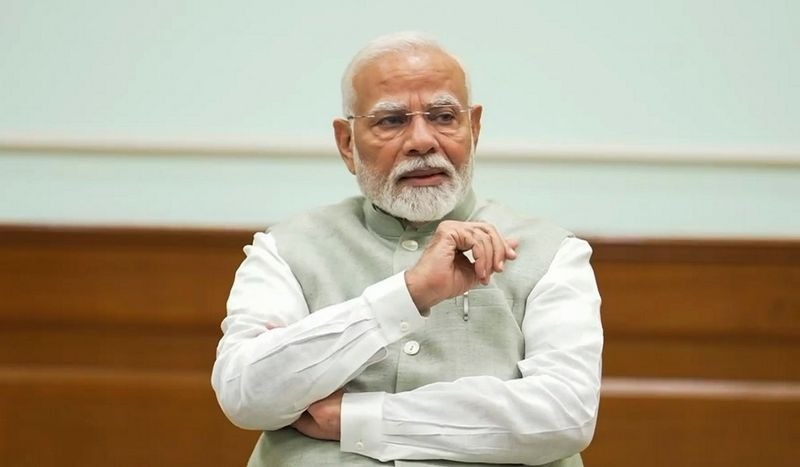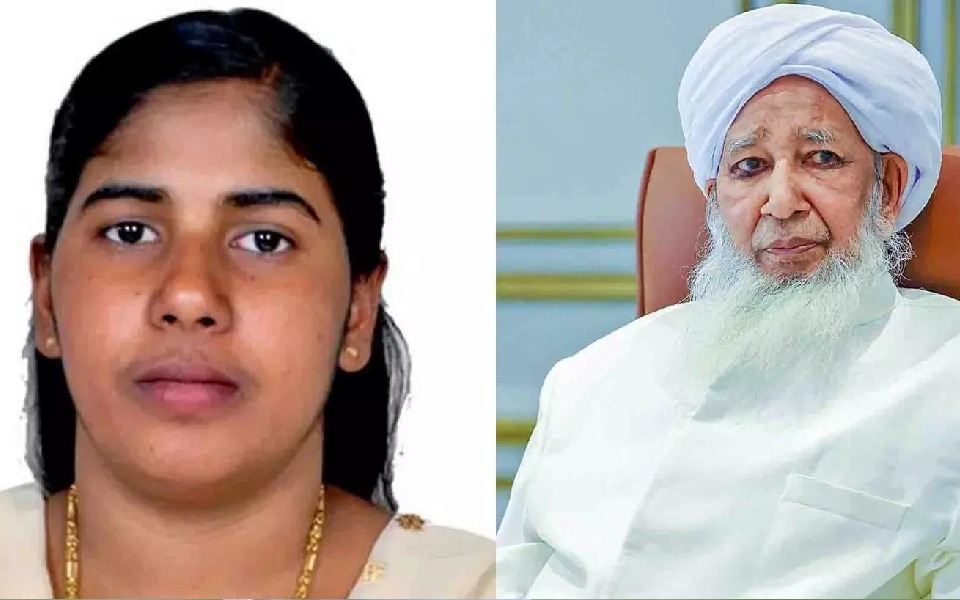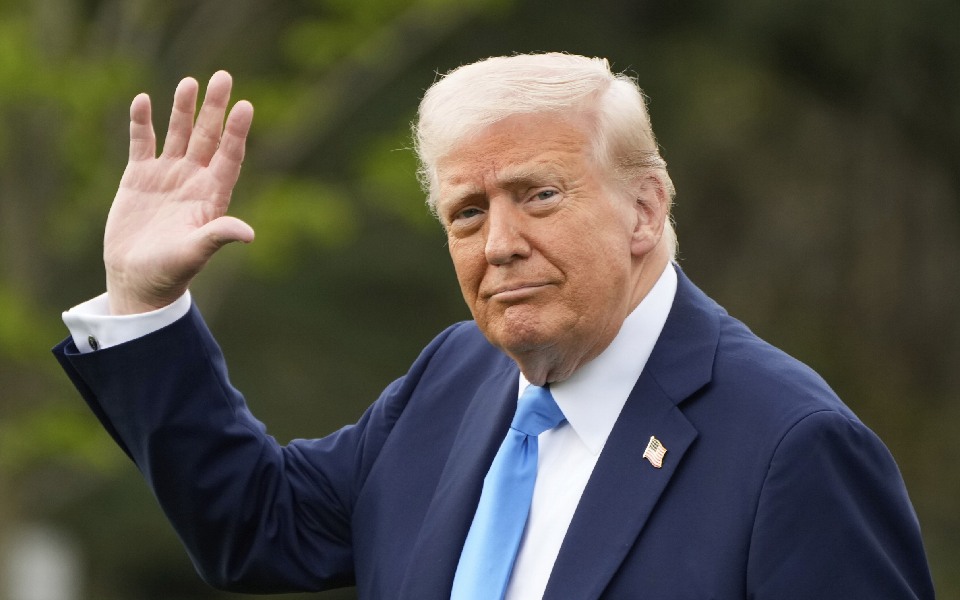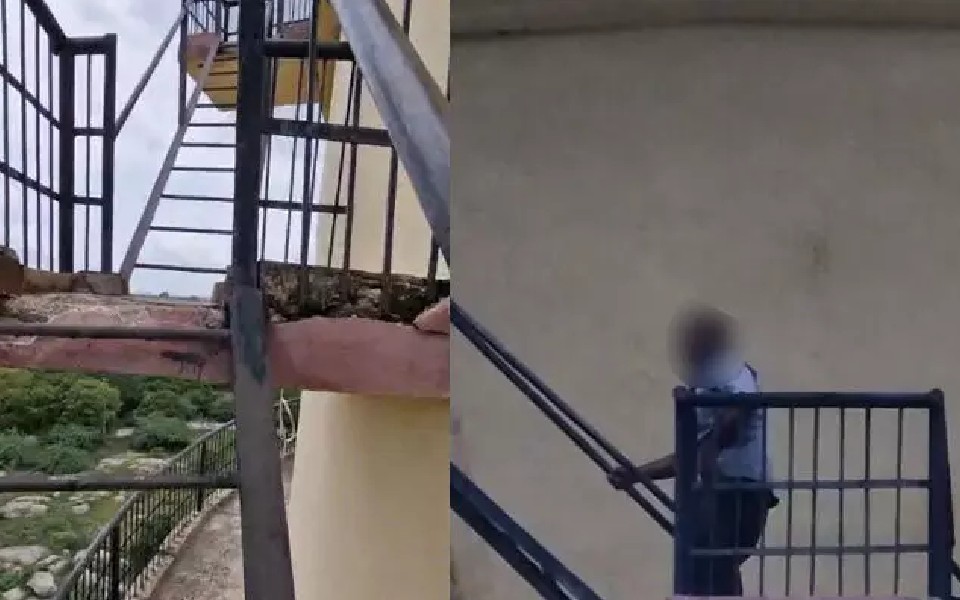New Delhi: As the G7 Summit approaches, Canada has listed “foreign interference and transnational crime” among its top priorities, with Prime Minister Narendra Modi set to attend following a last-minute invitation. The summit, beginning on June 15, will be hosted by Canadian Prime Minister Mark Carney, who outlined the agenda centred around three key missions, the first of which focuses on protecting communities through enhanced peace and security, wildfire coordination, and efforts to counter foreign meddling.
The timing and context of Modi’s invitation have drawn attention, as it came unusually late compared to invitations extended to other non-G7 nations like Mexico and South Africa, which received theirs by mid-May. Carney clarified that Modi’s invitation followed “progress” in law enforcement dialogue between the two countries, a statement seen as an effort to manage domestic backlash over India’s inclusion.
Canada’s emphasis on countering foreign interference carries added significance given its diplomatic tensions with India. Ties soured after former Prime Minister Justin Trudeau alleged Indian involvement in the killing of Canadian citizen Hardeep Singh Nijjar in 2023, a charge India strongly denied. The diplomatic fallout included tit-for-tat expulsions of diplomats and a freeze in official engagements.
Further strain came after a Canadian public inquiry into foreign meddling identified both China and India as actors attempting to influence its political processes. A January 2025 report by the Hogue Commission cited intelligence suggesting a proxy linked to the Indian government may have tried to covertly fund candidates from multiple Canadian parties in 2021.
India, in response, accused Canada of interfering in its internal matters and promoting groups it considers extremist, including pro-Khalistani outfits. With Modi’s visit confirmed, Indian authorities are reportedly working rapidly to finalise logistics, including visa processing and accommodation, amid possible demonstrations from diaspora-based protest groups.
The trip includes transit stops in Cyprus, marking the first Indian PM visit there since 2002 and Croatia, which was earlier dropped from Modi’s Europe tour following the Pahalgam attack.
Let the Truth be known. If you read VB and like VB, please be a VB Supporter and Help us deliver the Truth to one and all.
Kozhikode: There are strong indications that Nimisha Priya’s death sentence in Yemen may be revoked following significant progress in recent mediation talks. According to mediators, the family of the deceased Yemeni national Talal, who was killed, has agreed in principle to pardon Nimisha.
A press release from the office of Kanthapuram A.P. Aboobacker Musliyar stated that some crucial decisions have been taken in the case. The developments follow high-level negotiations involving a delegation of Yemeni scholars appointed by Habib Umar bin Hafiz, a prominent scholar from Tarim, along with officials from northern Yemen and international diplomatic representatives.
Further discussions with Talal’s family are expected to finalise the terms, especially concerning compensation and legal formalities.
It may be recalled that Nimisha was scheduled to be executed on July 16. However, following the intervention of Kanthapuram A.P. Aboobacker Musliyar, the execution was temporarily postponed on July 15.





